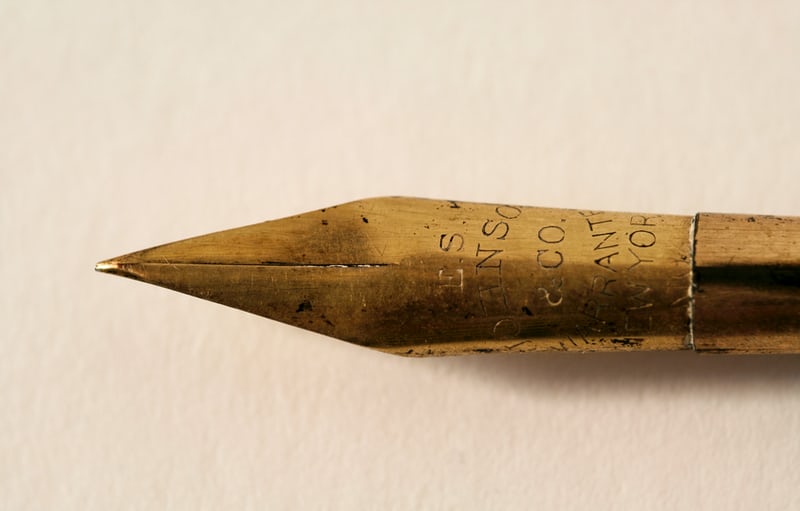
When David’s attempts to wine and dine Uriah failed, David fell to one of the lowest places in his life. He pulled out his parchment and a reed pen and wrote. Now if it were me, I’d do the same thing. I’d journal my thoughts and pour out my frustration on those pages until my words were spent. This action would have calmed my spirit and given me time to sort things out.
The Psalms show us numerous times when David did just that. The song writer and poetic talent in King David has been matched by few others. His words are sung and quoted and memorized, bringing comfort and encouragement to millions, three thousands years after he walked the earth. Not many authors can claim such fame.

But as David’s pen poised over the papyrus parchment that day, his thoughts were far from poetry or music or even journaling his thoughts and pouring out his frustration to the Lord. God, who inspired David’s work, didn’t even enter his mind at this point. Instead, David let his thoughts roam in dark places, listening to voices that came straight from the pit of hell.
And it cost Uriah his life.
It’s hard to imagine the gall it took to write orders that would command his general to kill such a faithful warrior, to place him in the heat of battle and withdraw so that enemy arrows would strike him down. Even worse was the fact that David placed those orders into Uriah’s own hand. Bathsheba’s husband carried his own sealed death sentence.
And in all of this, the Bible indicates that David showed no remorse.
I Corinthians 10:12 says, “Therefore let him who thinks he stands take heed lest he fall.”
Oh, from what heights David had fallen!
(TBC…)P.S. (You can confirm this part of the story in 2 Samuel 11.)